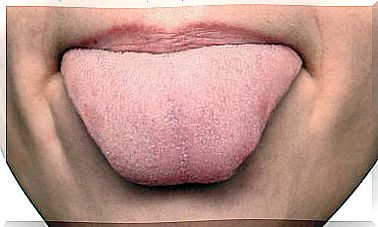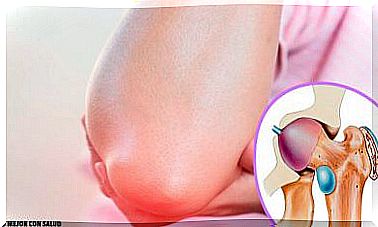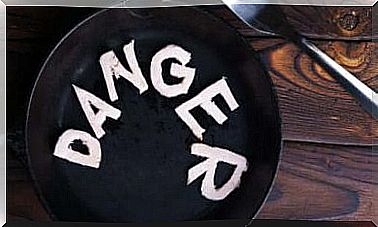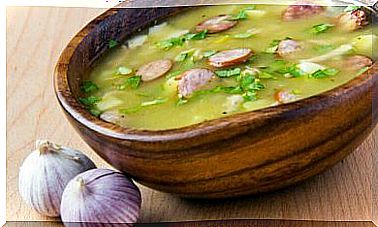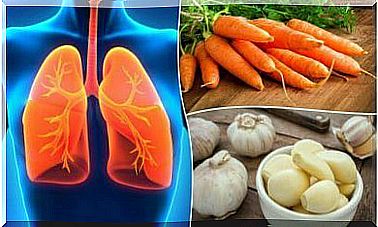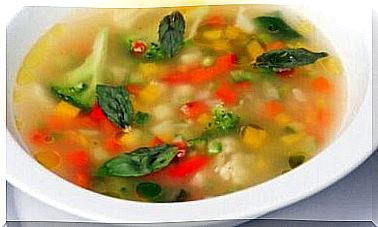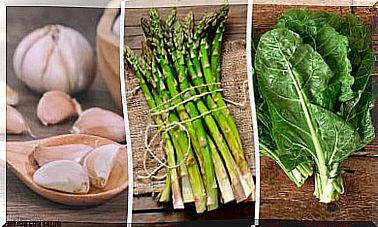Cleaning Pans: Simple Tricks
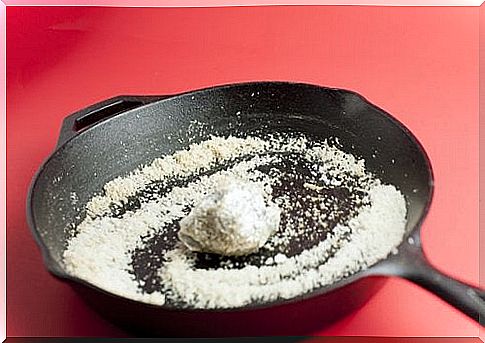
Cleaning pans is an important task. After all, your pans and frying pans are your best friends in the kitchen. But regular use can cause them to wear out little by little. Food burns and sticks causing damage to pans. And all this affects the quality of your meal.
It does not matter whether they are made of clay, ceramic, Teflon or cast iron. Because the shelf life of pans directly depends on how you handle them and how you care for them.
You should also keep in mind that a pan that is badly damaged can allow bacteria to get into your food. That is why it is important that you pay attention to this when you use them.
However, it doesn’t hurt to know a few tricks that can help keep them in good shape. So it doesn’t matter if a little sauce burns or if some rice sticks to the pan.
With proper cleaning and care , you can keep your pans looking like new. We’ll explain it to you next.
cleaning pans; as good as new with salt and potato
This may surprise you, but to clean a burnt pan all you need is salt and a potato.
We’ve talked about the many ways you can use salt as a household remedy before. It’s a great product. Besides being inexpensive, it can also remove the dirt and moisture. And at the same time it disinfects and renews various surfaces.
When it comes to potato as a cleaning agent… this is no coincidence.
Potato in combination with salt becomes a great cleaning agent that renews the surface of the kitchenware. This immediately releases grease and makes everything clean.
Pay close attention to what you have to do.
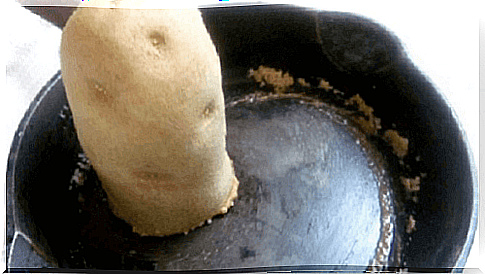
What do you need?
- 12 grams coarse salt
- 5 ml olive oil
- A potato
How do you do it?
- First, grab a potato that isn’t looking so good anymore from your pantry and cut it in half.
- Wipe the pan clean so that there are no loose residues in it, and add the salt.
- Now scrub the pan with the potato, using a circular motion.
- Rinse the pan well and let it dry.
- Then rub the olive oil with a piece of kitchen paper over the inside of the pan to keep it nice until you use it again. This always works!
How do you clean cast iron pans?
Cooking experts tell us that the more often you use a cast iron pan, the better the food gets. However, continuous use also causes the pan to get dirty. You can’t just clean this with water and detergent.
The moisture that remains on the pan after conventional washing ensures that your food doesn’t taste the same anymore.
Now we’ll share a great trick for you to clean your precious cast iron skillet that you use to cook your favorite dishes.
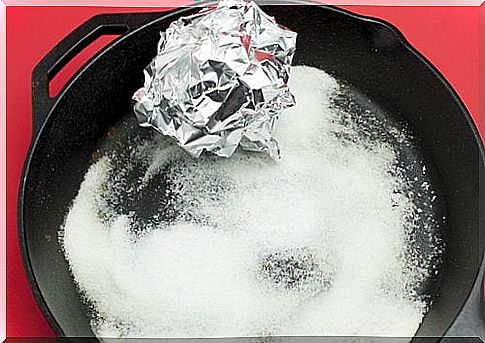
What do you need?
- Aluminium foil
- 12 grams coarse salt
Cleaning cast iron pans; the procedure
- The procedure is the same as with the previous potato method. Only now you use the foil to scrub the surface more vigorously, without damaging it.
- Scrub the surface with the foil and salt for a few minutes until it is completely covered. Then rinse the pan with water to remove all the salt.
The result is great.
Cleaning pans with vinegar and baking soda
This is an old classic. As you know, when it comes to household cleaners, both vinegar and baking soda are essential elements.
They can sanitize, eliminate grease, remove dirt, and baking soda even helps absorb moisture.
Note how to perform this simple trick.
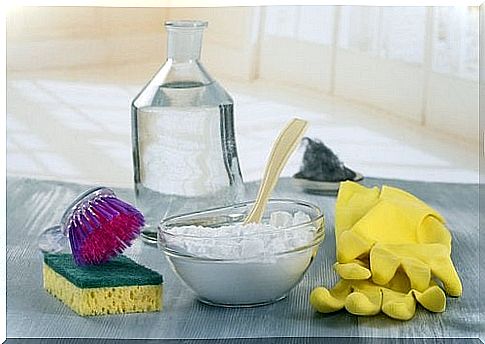
What do you need?
- 10 grams of baking soda
- 20 ml white vinegar
- 200ml warm water
How do you do it?
- The first thing you do is heat the water. How much you need depends on the size of the pan.
- When the water is hot, pour it into the pan and add the vinegar. Let this stand for five minutes.
- Then add the baking soda and use a brush to wipe off the grease.
- When you’re done, discard the dirty water and wash the pan normally, using water and dish soap.
You will see that it gets perfectly clean!
Remember, if your pans and skillets are badly burned or damaged, it’s best to get rid of them and buy new pans. Otherwise, you run the risk of toxins and other hazardous substances getting into the food you cook.
